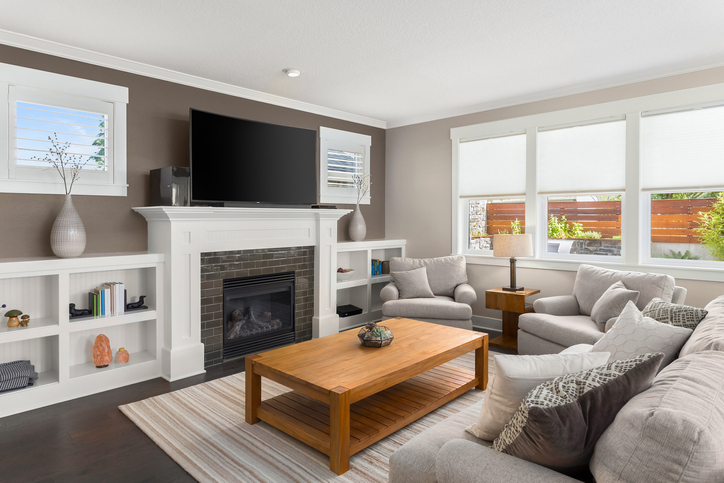
A homeowners, condo owners or renters policy provides coverage for “contents” which is generally described as your personal property, not permanently attached to the building. There are several exceptions to this property description, such as jewelry, furs, money, precious metals, guns, art and antiques. Many of these types of property are limited for coverage to small dollar limits. Artwork and antiques, for example, possess special value and need to be specifically “scheduled” on your policy to be covered properly. Otherwise, an insurance company will replace your Salvador Dali with a piece from a local gallery by a modern artist. Okay, let’s get back to your ordinary stuff. If someone backs their truck up to your home and loads up your flatscreen, your notebook computer and your sofa, here is how it happens.
First, most insurance companies will require that you file a police report of the theft. After you report this claim to the insurance company, the insurance company will ask you when you bought each piece of property and approximately how much it would cost to replace it today. They will then pay you a “depreciated” value for each piece of property. For example, if your flatscreen TV has an expected useful life of 10 years and the TV is five years old, they will pay you 50% of today’s value of that TV.
Don’t panic, they do this to pay you the value of the property you actually lost. Since a used TV is not as valuable as a new TV, and since you would not pay the same price for a used one as anyone, neither will they. However, if you have “replacement cost valuation” on your policy the insurance company will reimburse you for the other 50% when you buy the new TV and send them a copy of the receipt showing you purchased it. See, there was no need to panic. This replacement cost provision is very common on homeowners policies and you should already have this. If you see “Actual Cash Valuation” on your policy, you need to call your agent right away and get this changed.
I think the take-away here is to know the types of property covered by your policy, the valuation clause that applies to that property and if the limit of coverage is adequate to replace everything you own. By the way, don’t forget about those special limits of property I mentioned just a minute ago. If you own any of those things, make sure you list them on the policy for their proper value. Call your agent once a year in review your coverages and coverage limits.




